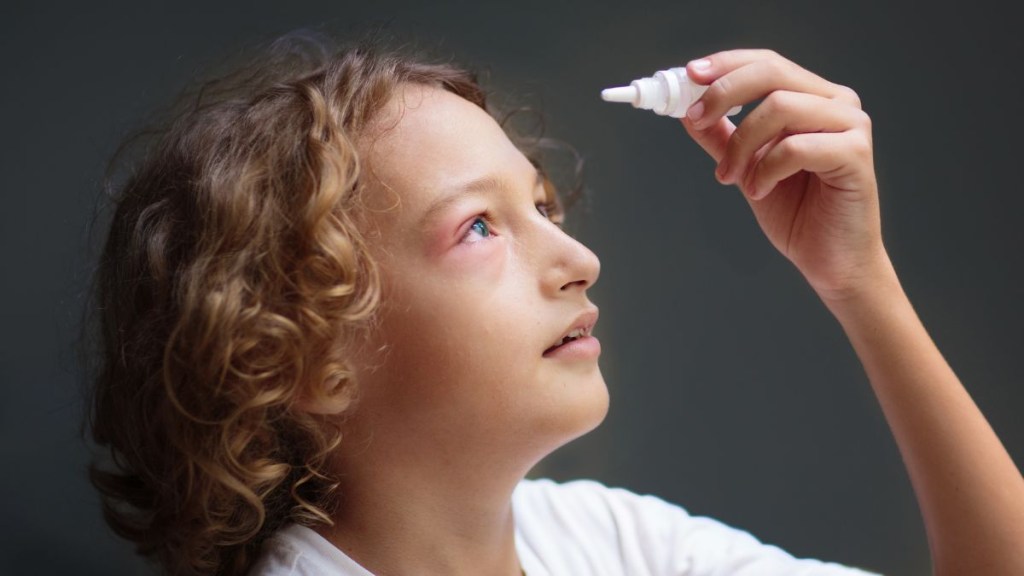The National Capital region is witnessing a sharp surge in eye infections amid the severe air pollution crisis. The situation has worsened with AQI hitting dangerous highs after Diwali celebrations in the region. The city has always witnessed a surge in pollution levels post Diwali.
The increased levels of air pollution forms a thick layer of smog over the city causing difficulty in breathing issues along with cough, cold, congestion, allergies and other health issues. Another common issue that the citizens face due to air pollution is burning and itchy eyes.
The constantly smog-exposed eyes fall victim to burning sensations and itchiness. Sore and red eyes along, watery eyes, dry eyes and blurry visions are common symptoms.
This causes discomfort to the people. To get some ease and relief, measures can be taken. Some of such measures include:
Reducing screen time: Extended screen time, not just air pollution, contributes to eye discomfort. Cutting screen time is an option to alleviate symptoms.
Sprinkle water on eyes: Relieve burning eyes caused by pollution by sprinkling tap water and avoiding eye contact with hands.
Keep yourself hydrated: Adequate water intake improves the body’s response to air pollution, washing away toxins, relieving dry eyes, and removing irritants.
Consume Vitamin A-Rich Foods: Include carrots, eggs, orange and yellow fruits/vegetables, and leafy greens to mitigate risks associated with air pollution.
Avoid Eye Makeup: Minimize eye irritation by skipping makeup, including kajal, eyeliner, eye shadows, and mascara. Opt for glasses over contact lenses.
Consult an Ophthalmologist: If eye irritation persists, seek professional advice and lubricate your eyes with prescribed eye drops.
Use protective gears: Wear N95 masks whenever you leave home. For eyes, use goggles or shades, especially while riding a two-wheeler.
In the aftermath of Diwali, Delhi’s air quality drops severely, causing health issues, particularly burning eyes. Take proper measures and care of your eyes while you deal with the rising pollution levels. And while preventive measures are always advised, we strongly advocate that you should always consult an opthamologist or an eye doctor instead of going for over-the-counter eyedrops.
